One day after the BRICS Foreign Ministers' meeting, the foreign ministers held a dialogue with officials from 12 other developing countries, including Saudi Arabia, Turkey, Thailand and Venezuela, in Nizhny Novgorod, Russia, on Tuesday. More like-minded partners are set to join the BRICS family, said Chinese Foreign Minister Wang Yi during the dialogue.
Wang Yi, also a member of the Political Bureau of the Communist Party of China Central Committee, called on developing countries to uphold universal security and work together to address challenges. He emphasized the need to resolve disputes through dialogue and inject more stability into international affairs. He also pointed out that countries should prioritize development and collectively oppose politicizing economic issues, thereby promoting globalization to move toward a more open, inclusive, balanced, and win-win direction.
Wang emphasized the need to uphold fairness and justice, and improve global governance. China welcomes more like-minded partners to join the BRICS family, he said.
During the dialogue, which is also known as BRICS+, the delegates of the ten BRICS countries held a conversation with 12 important developing countries with regional representation - Thailand, Laos, Vietnam, Bangladesh, Sri Lanka, Kazakhstan, Belarus, Turkey, Mauritania, Cuba, Venezuela, and Bahrain.
Wang said that BRICS+ is an important dialogue platform for BRICS countries to engage with a wide range of emerging markets and developing countries. It has long added vitality and injected momentum into the development of BRICS, and has become a banner of South-South cooperation.
We are currently in a turbulent and chaotic era, he said, noting that some countries are trying to maintain their hegemonic status by rallying allies to impose unilateral sanctions and erecting protectionist barriers, weaponizing economic and financial tools. At the same time, this is also an era of rising tides in the Global South and a new era of change, he said.
Chinese observers noted that the BRICS mechanism is ushering in a new era of larger-scale cooperation, in sharp contrast to the smaller, US-led G7 group.
The BRICS+ meeting is a manifestation of the openness and inclusiveness of the BRICS mechanism. It also shows the positioning of the BRICS mechanism - representing emerging countries and developing countries, and speaking for the Global South, Wang Youming, director of the Institute of Developing Countries at the China Institute of International Studies in Beijing, told the Global Times on Tuesday. BRICS countries are committed to promoting a more just and equitable international order, as well as strengthening unity and cooperation among Global South countries.
On Monday, BRICS foreign ministers held a ministerial meeting, the first since the expansion of BRICS earlier in 2024, when the UAE, Egypt, Iran and Ethiopia joined the mechanism. According to media reports, many other countries are considering joining the BRICS. Russian President Vladimir Putin was quoted as saying in media reports in January that about 30 countries were prepared to join BRICS. Most recently, Thailand aims to become the first Southeast Asian country to join the bloc and Turkish Foreign Minister Hakan Fidan also expressed Ankara's desire to become part of it.
Wang Youming said that the willingness of many countries to apply for membership shows that China's advocacy of equal and orderly multipolarization and open and inclusive economic globalization has been recognized by the majority of the Global South. At the same time, amid the situation where the Western camp continues to monopolize the international order or international power system, only a scaling effect can make the voice of the Global South louder and more influential.
The expansion of BRICS countries will definitely continue, although the form of expansion may vary. In addition to admitting new member countries, some countries may join as BRICS partners, he said.
The BRICS mechanism was established by four countries in 2009. In 2010, South Africa was officially invited to join. Over the following decade, the member countries remained stable until four more countries joined in 2024. The recent large-scale expansion of the BRICS mechanism is seen as a move in line with the times, according to analysts.
In the past decade, the Global South has risen rapidly, leading to a fundamental reversal of global economic power. However, Western countries still want to maintain their dominance in the future international order by relying on allies. Now is the time for the Global South to step onto the international stage, said Wang Youming.
At the same time, the spirit of BRICS, which is open, inclusive, and based on cooperation and mutual benefit, has made BRICS increasingly attractive and appealing as it continues to grow stronger. This is why more and more countries are hoping to join BRICS, he noted.
On Monday, BRICS countries engaged in in-depth discussions on BRICS cooperation and international and regional hot topics. All parties spoke highly of the important role of the BRICS mechanism and the achievements of its membership expansion. All parties called for adherence to multilateralism, opposition to unilateralism and protectionism, promoting reform of the international financial architecture, enhancing and improving global governance, and increasing the voice and representation of developing countries. A joint statement of BRICS foreign ministers was issued following the meeting, according to the Xinhua News Agency.












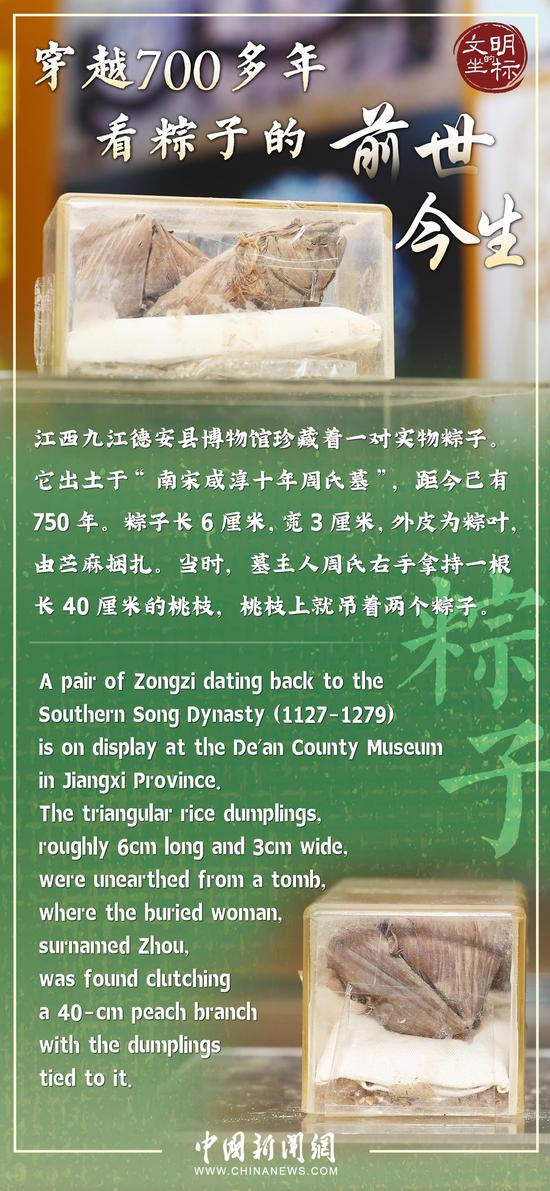

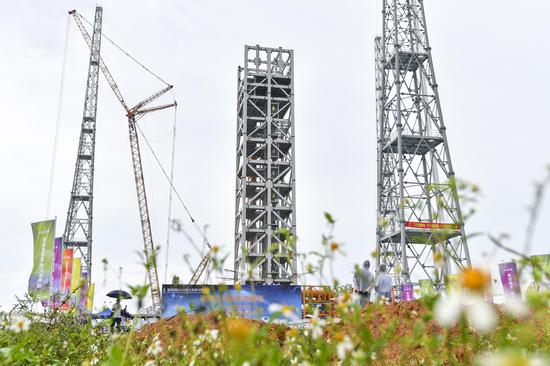


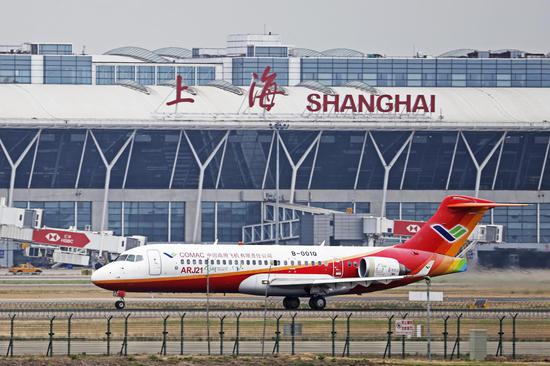




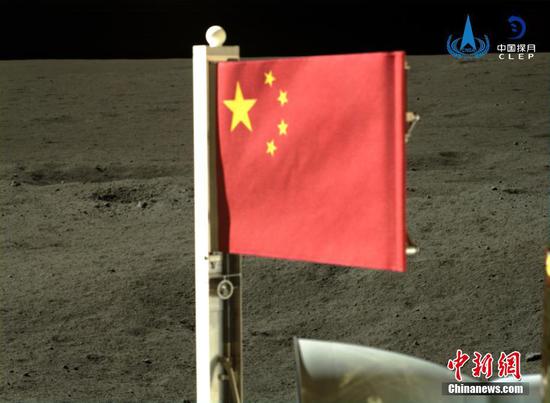
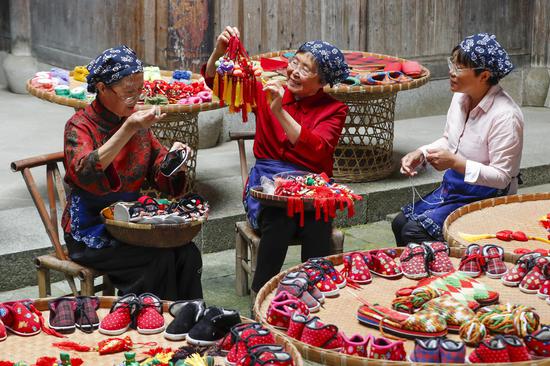


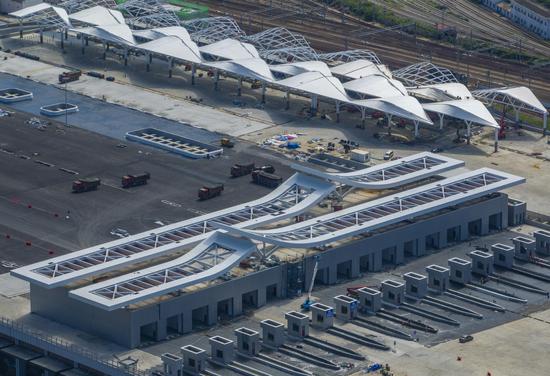
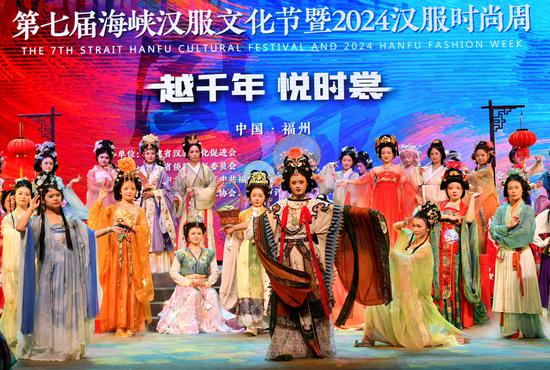

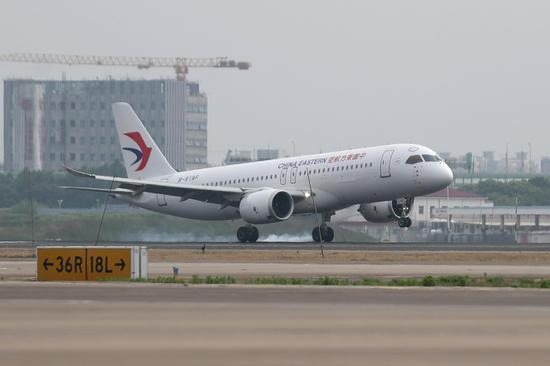

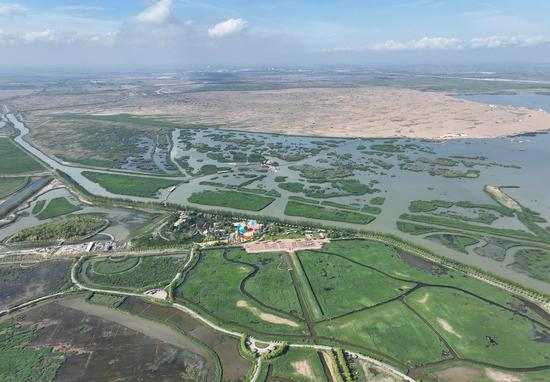
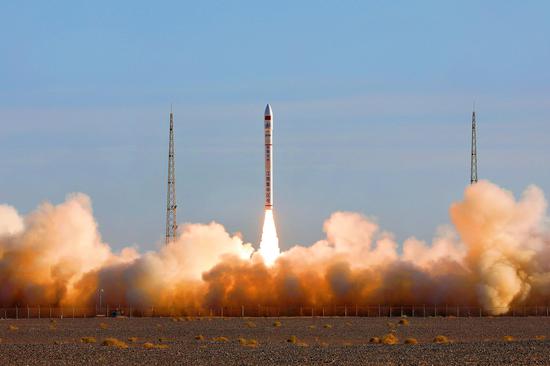

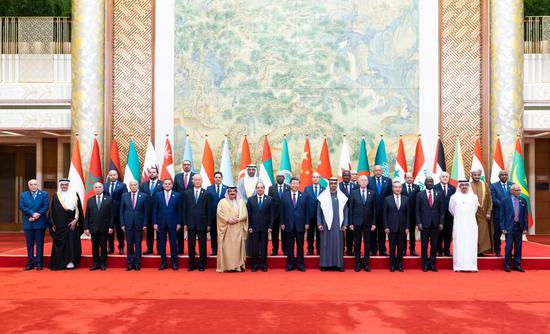

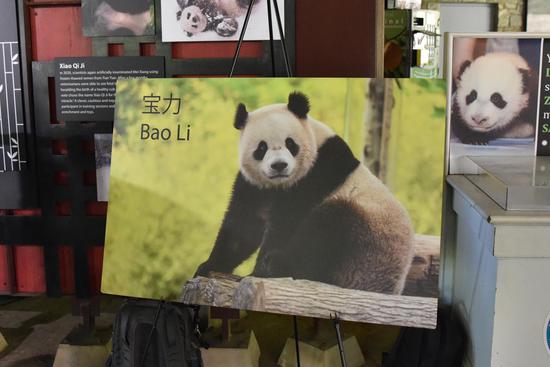

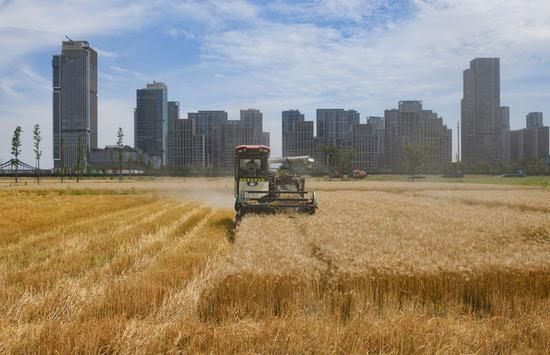
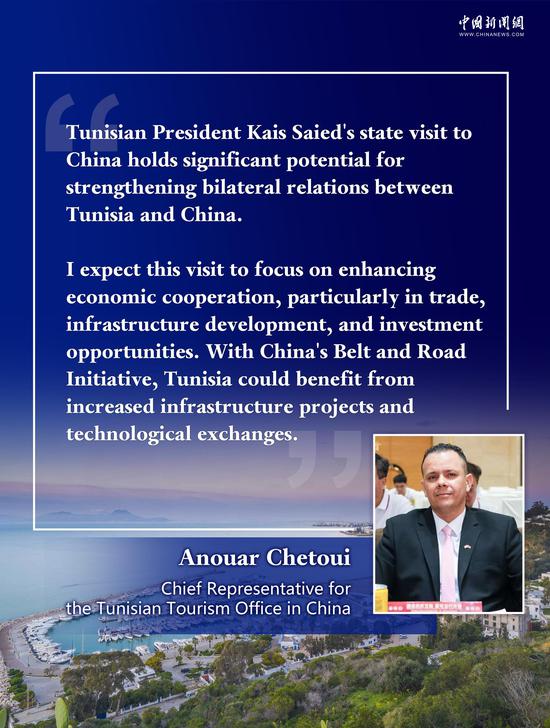


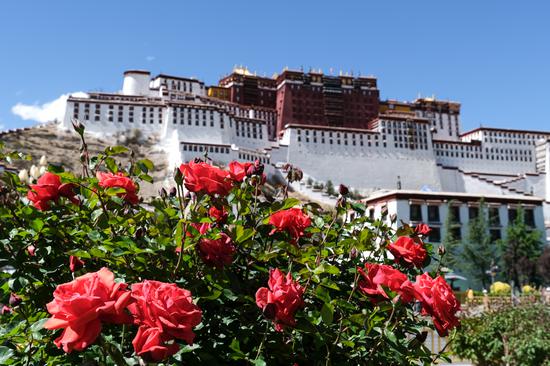
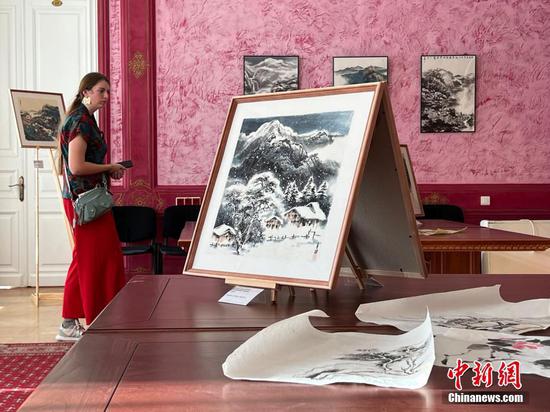






 京公网安备 11010202009201号
京公网安备 11010202009201号